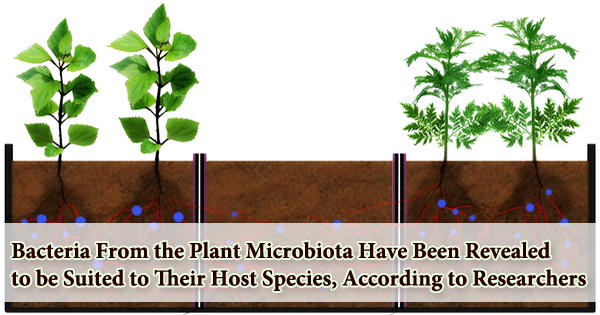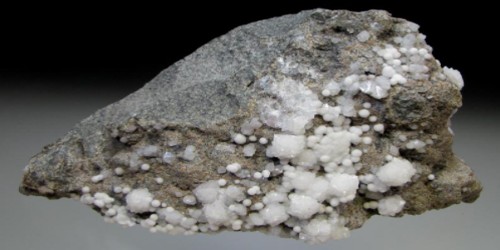Bacteria from the plant microbiome have been revealed to be adapted to their host species, according to an international team of researchers from the Max Planck Institute for Plant Breeding Research and the University of Åarhus in Denmark. They illustrate how root-associated bacteria have a competitive advantage when colonizing their native host, allowing them to infiltrate a previously established microbiota, in a recently published research.
Roots provide critical mineral nutrients and water to plants, including crops like rice and wheat, making them a key contact between plants and the soil environment. Land plants’ roots are home to a diverse range of microorganisms, including bacteria that are recruited from the surrounding soil and organized into root microbiome communities.
The plant host sustains these microbial communities by providing nutrients, typically in the form of organic carbon molecules produced by the root. As a result, these commensal bacteria mediate a number of activities that benefit their plant host, including pathogen defense, improved nutrient mobilization from the soil, and improved development.
The study of the root microbiota has grown into a potential research topic that attempts to understand how these interactions occur, and might eventually assist enhance the production and resilience of agricultural plants, due to their relevance for plant health. Although it is well known that plants secrete a variety of small molecules into the soil via their roots that act as chemoattractants for root colonization by a subset of soil-dwelling bacteria, little is known about the degree of active selection performed by the host and the extent to which root-associated microbial communities are adapted to specific plant species.
A team of researchers from the MPIPZ’s Department of Plant-Microbe Interactions and Århus University in Denmark collaborated on a recent study published in Nature Microbiology to get a better understanding of these intricate multi-species interactions.
They started by assembling a large collection of root-derived bacteria from the model legume Lotus japonicus, of which only a tiny percentage are symbiotic bacteria that fix atmospheric nitrogen for plant development. Synthetic microbial communities (SynComs) were created to investigate the microbiota assembly of different plant species, using a previously existing culture collection from the roots of the model crucifer Arabidopsis thaliana. Despite the fact that the bacterial populations of the two plants were comparable, the researchers discovered that the bacteria preferred to colonize their natural host.
This preference was mediated by several bacterial species’ greater aggressiveness while colonizing their original host compared to those separated from the other host.
Surprisingly, host choice was only found in a community environment, where various microorganisms competed for space, but not when individual bacterial species were permitted to colonize plant roots without competition. An examination of gene expression in both plant species when they interacted with different synthetic communities revealed that the host was at least partially responsible for this process. Root colonization by native and non-native SynComs revealed distinct gene expression patterns for a number of well-known plant immune regulators.
The authors postulated that native strains had a competitive advantage while colonizing the roots of their corresponding host plant through the development of species-specific host niches based on this result. SynComs from various host species were permitted to infiltrate already established root-associated bacterial communities in host and non-host plants in a series of complicated studies to verify this idea.
Their findings revealed that native SynComs had a competitive advantage when invading a microbiota that had already established itself in their host plant, implying that commensal bacteria’s adaptation to their native plant species leads to enhanced invasiveness and persistence.
To quote Kathrin Wippel, first author of the study: “We were amazed to learn that root colonization by native and non-native SynComs resulted in differential transcriptional reprogramming of plant roots, possibly contributing to the formation of specific root niches for native commensal bacteria. These findings indicate that diverse soil-dwelling bacteria associate with and prefer a specific host plant, similar to pathogens or beneficial symbionts of plants.”
These results might have a significant influence on agriculture since they emphasize the relevance of bacterial competition and the impact of host choice on successful root colonization. Probiotic inoculants that are customized to certain crop plants and have a greater ability to infiltrate and remain in standing microbial populations may be able to help farmers overcome the inconsistency in the efficacy of presently employed biologicals.
















